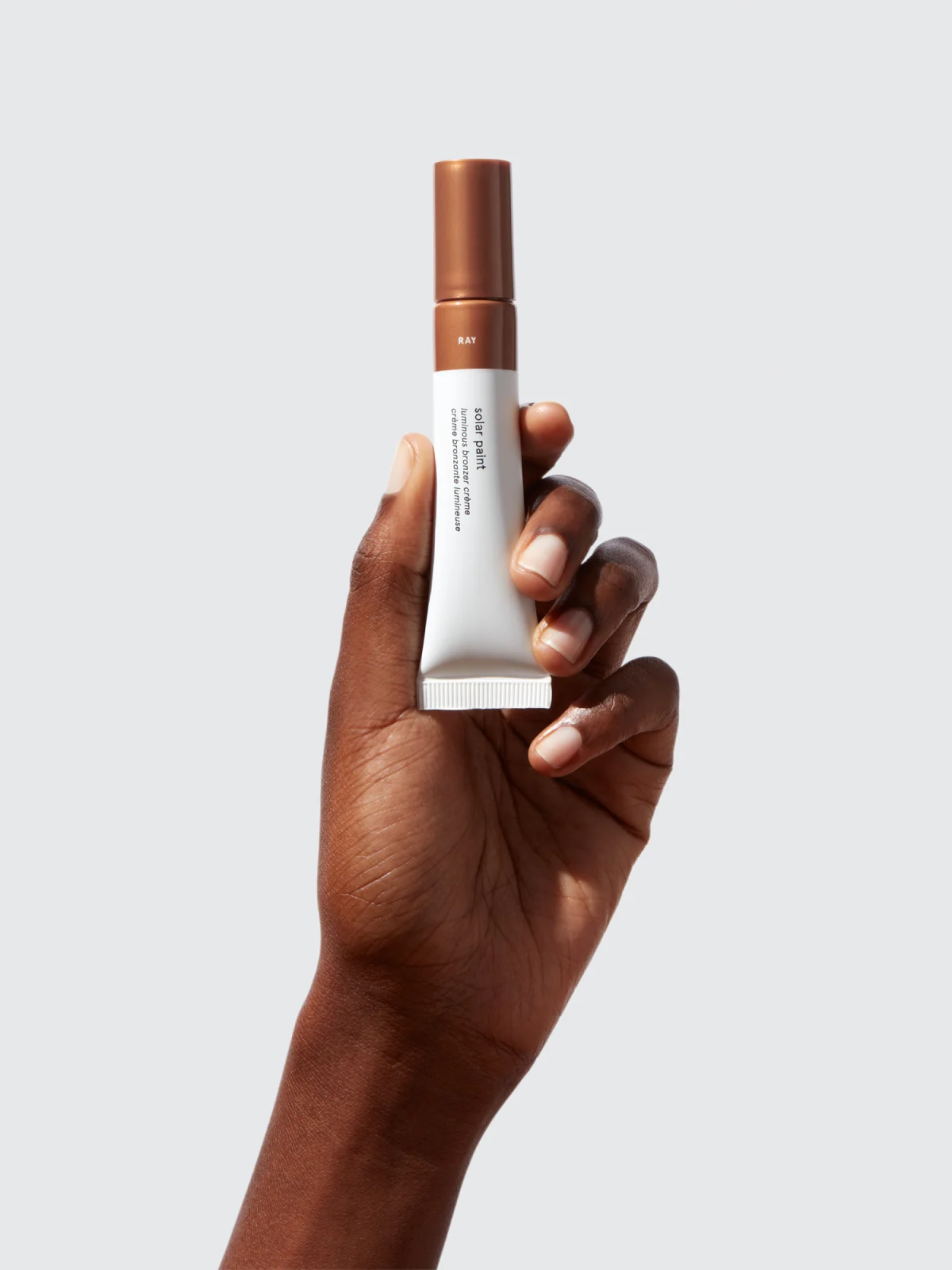Burts Bees Nourishing Cleansing Oil with Coconut and Argan Oils, 6 Fluid Ounces
Dispense product into dry hands. Gently massage over dry face. Wet hands and gently massage product onto face. Rinse thoroughly; pat dry.
Burts Bees Nourishing Cleansing Oil with Coconut and Argan Oils is formulated with a unique blend of natural moisturizers developed by the number one dermatologist recommended natural skin care brand*. These natural oils combined help keep skin soft, clean, and beautifully nourished. As the number one cleansing oil**, this facial cleanser is formulated with antioxidant rich ingredients and gently removes dirt and make-up without leaving an oily residue. It is dermatologist-tested and clinically shown to cleanse and soften skin, naturally. This facial oil is 100% natural origin with no parabens, phthalates, petrolatum or SLS. *Based on a September 2021 NielsenIQ national survey of U.S. Dermatologists. **Based on IRI MULO unit sales data, as of 5.21.23
- FACE WASH: With Burt’s Bees natural facial cleansing oil, those with normal to dry skin can embrace the natural hydrating power of a cleansing oil for healthy-looking, luxurious skin without an oily residue; package may vary
- HYDRATING OIL: Formulated with a unique blend of coconut and argan oil, Burt’s Bees facial cleansing oil provides instant hydration leaving the surface soft and smooth
- #1 CLEANSING OIL**: From normal to dry skin, Burt’s Bees facial cleansing oil gently dissolves dirt and makeup without stripping your skins naturally protective moisture barriers
- NATURAL FACE CARE: Formulated without parabens, phthalates, petrolatum or SLS, Burt’s Bees 100% natural origin facial cleanser oil cleanses skin for a healthy-looking, smooth complexion
- DERMATOLOGIST TESTED: Burt’s Bees natural origin facial cleansing oil is dermatologist and ophthalmologist tested to gently cleanse skin and is also safe for contact lens wearers
Additional information
| Assembled Product Dimensions (L x W x H) | 2.12 x 1.77 x 7.10 Inches |
|---|---|
| Health Concern | Dryness |
| Skin Care Concern | Dryness |






by John
I just got this and it’s seriously amazing. I have super sensitive and dry skin most cleansers my face has issues with. This product gets my face completely clean without making my skin feel dry and tight and itchy like regular cleansers it completely removed the makeup on my face and eyes too!!! After washing ur skin isn’t oily but it’s super soft and isn’t dry at alll!!!
by Jackie
Beats DHC and palmers. This smells so good, cleansed like a dream, and made my skin SO soft. Feels luxurious. I’m stocking up and just bought two more cause I never want to be without this.
by Crissy
skin feels softer after the first use, recommended.